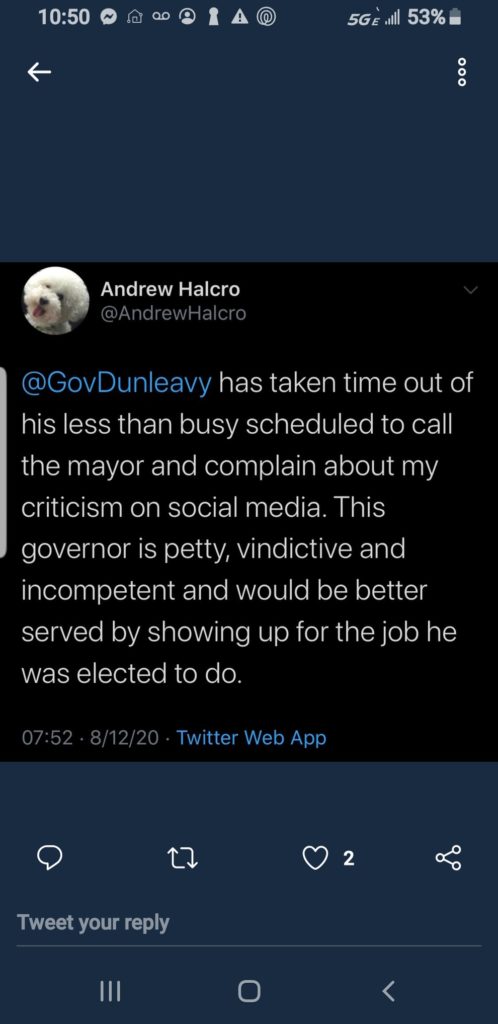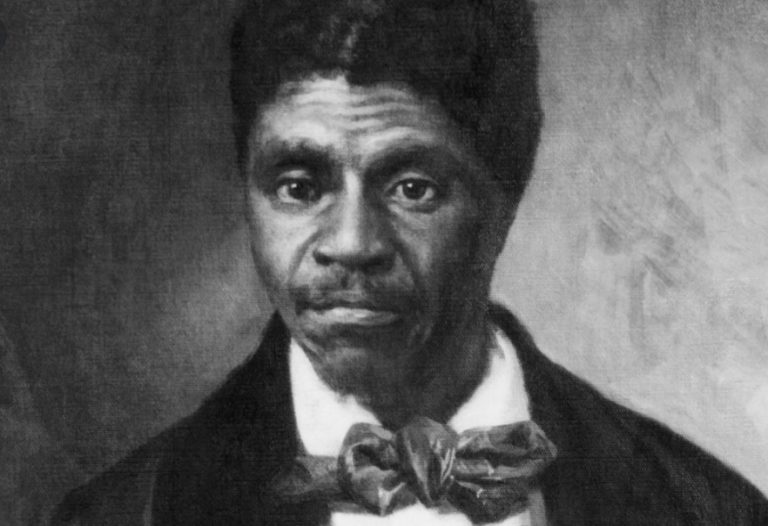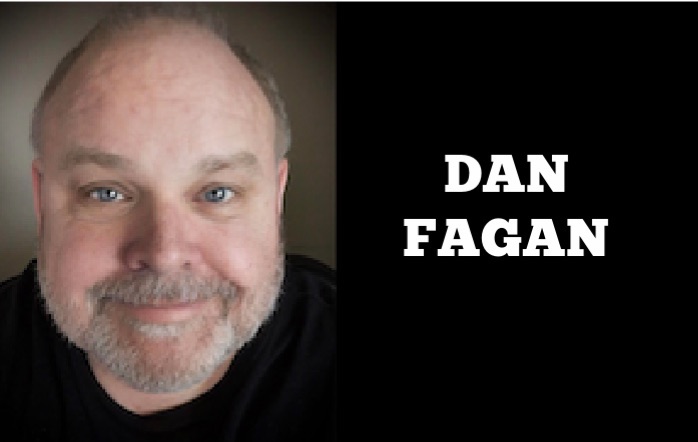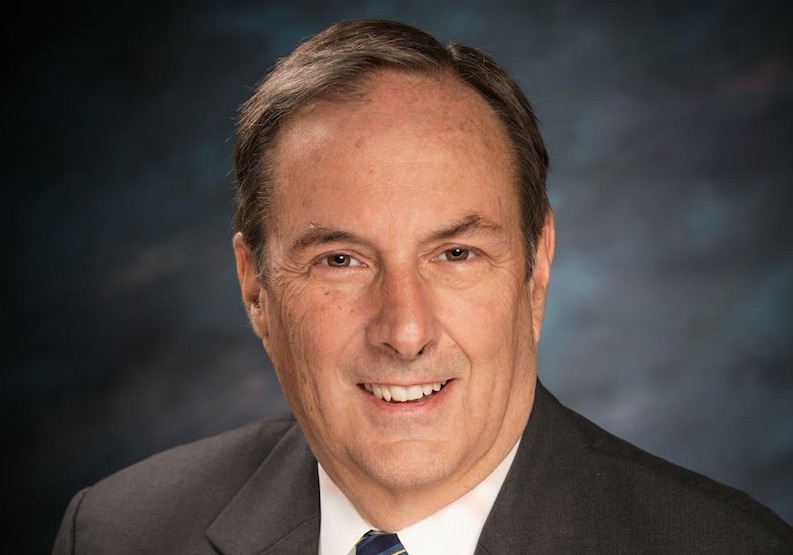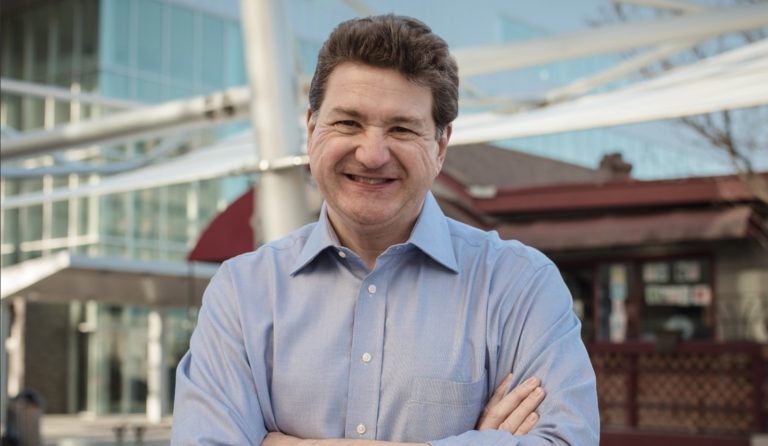By ART CHANCE
The year 2020 seems poised to join 1857 as a watershed year in American History.
From the Founding, America’s irrepressible conflict had been repressed by a series of actions that ranged from historic formal compromises to stop-gap measures, such as the attempt to pass the Wilmot Proviso that declared that any territory acquired as the result of the Mexican War would be a free state, or proposals to extend the Missouri Compromise line to the Pacific.
Those measures never passed. Stephen Douglas introduced the notion of popular sovereignty, a major subject of the Lincoln-Douglas debates, under which each new state would make the decision whether to be slave or free, which became the proximate cause of “Bloody Kansas” and pushed John Brown to the forefront of abolitionism. The tenuous balance was beginning to tip.
The Supreme Court had managed to avoid hearing slavery cases, usually on grounds of lack of standing or jurisdiction, until one arose in 1857 that was captioned Dred Scott v. Sanford.
Scott was a black slave who had lived in various slave and free states. The Dred Scott Decision, as it is commonly known, confronted a horrible choice. The central premise was that Scott’s having lived in free states had made him a free man.
The South would never accept that 3 million slaves worth about $4 billion in the dollars of the time became free by simply crossing a state line. The North, or at least the pro-abolition Northeast, would never accept that they didn’t become free this way.
Chief Justice Roger Taney wrote the elements of the decision that a plurality of a badly divided court accepted 7-2. Taney was a veteran politician from Maryland, then a slaveholding state. He had served in the US Senate and had been Attorney General of the US before being appointed Chief Justice by President Andrew Jackson in 1835.
The meaningful holdings for the plurality were that slaves had no rights of citizenship and could never acquire rights of citizenship. It went on to hold that the Congress had no power to prohibit slavery in the federal territories, which at the time included most of the Intermountain West. That portion of the decision effectively repealed the Missouri Compromise.
There may be a legal historian or law professor out there that can speak authoritatively on why the Court took up the case and gave up on 70 years of avoidance and compromise on the slavery question.
I’m not a credentialed expert but I know the period pretty well. By 1857 the Congress was practically frozen into inaction by sectional differences. Southerners had come to hate The North, and especially the haughty Northeasterners. The Northerners, especially the abolitionists and radical Republicans, considered Southerners some sort of subhuman subspecies.
Harriet Beecher Snow’s abolitionist propaganda piece, “Uncle Tom’s Cabin,” published in 1852, hardened both Northern and Southern attitudes. Frederick Law Olmstead’s reports from his travels in The South in the 1850, written for the New York Daily Times, the predecessor of the New York Times, added fuel, especially because of his arrogant and condescending descriptions and criticisms of Southerners from all strata of society.
When Abraham Lincoln after becoming President met Stowe, his first words were, “So you’re the little lady that brought on this great war.”
Justice Taney had earned great respect during his long tenure, at least from everyone who wasn’t a radical abolitionist. He likely could have persuaded the Court to avoid the case. The best surmise I have is that Taney thought a decision could end the controversy over slavery. It seems that even in 1857, Washington, DC was a bubble.
You can have good arguments over the legal validity of Dred Scott, but it was a spectacularly wrong decision politically. It not only made war inevitable but made it imminent. Taney never saw the ultimate result of his handiwork as he died, still on the bench, in 1864.
The Republicans and their radical abolitionist allies were in the ascendancy. After the Fremont campaign in 1856, the Republicans didn’t have the Presidency, but they had measurable power, and the Whigs and Democrats were in disarray. The abolitionists had money and power. There is plenty of evidence that much of John Brown and other anti-slavery guerilla groups’ activities were promoted and financed by prominent Republican and abolitionist figures. After Harper’s Ferry, the war drums were beating the Long Roll, that continuous roll beat on the drum that signaled men to fall in under arms.
In 2020, the US Supreme Court surveys a legal and political landscape much like that of 1857. The Country is as deeply divided as it was in 1857, but it doesn’t have a regional definition; rather a lifestyle definition.
In 1857, the odds were pretty good in both The North and The South that your family, friends, and neighbors shared your social and political beliefs, at least to a large degree.
Today, families can’t safely have Thanksgiving dinner together because Leftists are giving children instruction about how to confront their troglodyte parents and aunts and uncles about how unenlightened and inferior they are.
We haven’t come to the point where a Republican Congressman confronts a Democrat Senator at his desk in the Senate Chambers and uses his cane to beat him to within an inch of his life – yet. South Carolina Representative Preston Brooks resigned his seat after that, went home, ran for the open seat, was overwhelmingly elected, and was showered with new canes by South Carolinians.
My neighborhood, built in the 70s as upscale housing by the standards of the day for oil industry executives and the like is now mostly retirees and public employees, and the Section 8 housing isn’t far away. I only have one family member that lives within 3,000 miles. I hardly know anybody that goes to church regularly.
In 1857, other than a few bigger cities, most Americans lived on family farms or in clan communities established by a family or a church group and lived as extended families.
The Left’s big advantage is that they all live crammed together in their urban dumps, except the rich ones and the public employees, who live in close-in suburbs. As long as they stay there they’re safe. There is a reason BLM and Antifa don’t come out of their blue cities to riot and loot; they’d get killed.
It is inevitable that the United States Supreme Court will confront the presidential election of 2020, and they have the choice to take up the Trump campaign’s claims or let lower court decisions stand. The Left and the media have been pounding their chests about Trump’s state court losses, but it is hard to win with hometown referees. For anyone who has been paying attention over the last four years, the Democrats are very good at judge shopping and there has been a consistent pattern; they bring a case before a Democrat appointed judge or a court dominated by liberal judges and predictably win. Then the lower court decision gets reversed by the Circuit or the Supremes.
It is the same here. I always advised my principals in Republican Administrations that they would lose at the trial court level in any controversy involving a Democrat constituency. In 20 years of dealing with lawsuits with unions we only won once at the trial court level, but if the unions couldn’t buy a Democrat to drop our appeal, I don’t think we ever lost at the Alaska Supreme Court during my tenure with the State of Alaska.
Chief Justice John Roberts pleasantly surprised me with his assignments of justices to the circuits. Clarence Thomas has the Georgia controversy, Alito the Pennsylvania controversy, and Brett Kavenaugh and Amy Coney Barrett have Michigan and Wisconsin. You can’t escape the leftist fascism in the Ninth Soviet Circuit, so Elena Kagen has that one.
President Trump only has to get three state Legislatures to refuse to certify their election results or get the Supreme Court to conclude that because of constitutional violations and irregularities the results cannot be certified in three states, then neither candidate can get an Electoral College majority. That puts the case before the House of Representatives, where each state gets one vote and the Republicans have a majority of the states.
The Supreme Court can refuse to consider a Trump appeal, and if so, Dementia Joe becomes president. That will produce 74 million very angry people, but unlike Democrats, Republicans don’t loot and burn things, although they will kill you if you attack them.
The Court can also take the case and find no merit in the president’s claims. I don’t know how that plays other than producing 74 million very angry Trump supporters.
The wrinkle here is Chief Justice Roberts’ recent tendency to be a born-again liberal and vote with the Left on the court. He has effectively made Clarence Thomas the Chief Justice, if Roberts votes with the minority. If the Chief Justice isn’t in the majority, the most senior Justice, which is Thomas, gets to either write the opinion or assign the writing and he has five votes, even if Roberts sides with the Georgetown cocktail party set.
Or, if the Supreme Court concludes that neither candidate has a majority and throws it to the House of Representatives, what do the Democrats do? The Democrats’ instinctual response will be to send out their storm troopers, BLM, ANTIFA, other ne’er-do-wells, criminals, and stupid college students to riot, loot, and burn.
But then they have to consider that they’ve already rioted, looted, and burned in every Blue hole where it is safe for them to do so. They either have to burn their own cities yet again or send their pasty-faced, basement living, soy boys out into the Red areas to die.
Even if you’re a totally amoral, rock-ribbed communist apparatchik, that isn’t an easy decision. It only took “Four Dead In Ohio” to end all violent anti-war, anti-draft protest in the Vietnam Era, and it all but ended all protest. Once the kiddies learned that you could die doing it, protesting wasn’t so much fun. The “Occupy” organizers lamented that they never got their “Kent State Moment,” but they also never ventured beyond the Blue holes to try to get it.
The best play the Democrats have is to do everything in their power to string this out so that the Supreme Court has to take the unprecedented act of either restraining the inauguration or issuing a conclusion that a majority can’t be certified, scheduling further pleadings, sending the case down to the circuits, and letting Nancy Pelosi become acting president on Jan. 20 and until the matter is decided.
I can live with Botox Nancy as president for awhile as I wait for President Trump to be re-elected. Meanwhile, invest in precious metals: brass and lead.
Art Chance is a retired Director of Labor Relations for the State of Alaska, formerly of Juneau and now living in Anchorage. He is the author of the book, “Red on Blue, Establishing a Republican Governance,” available at Amazon.


